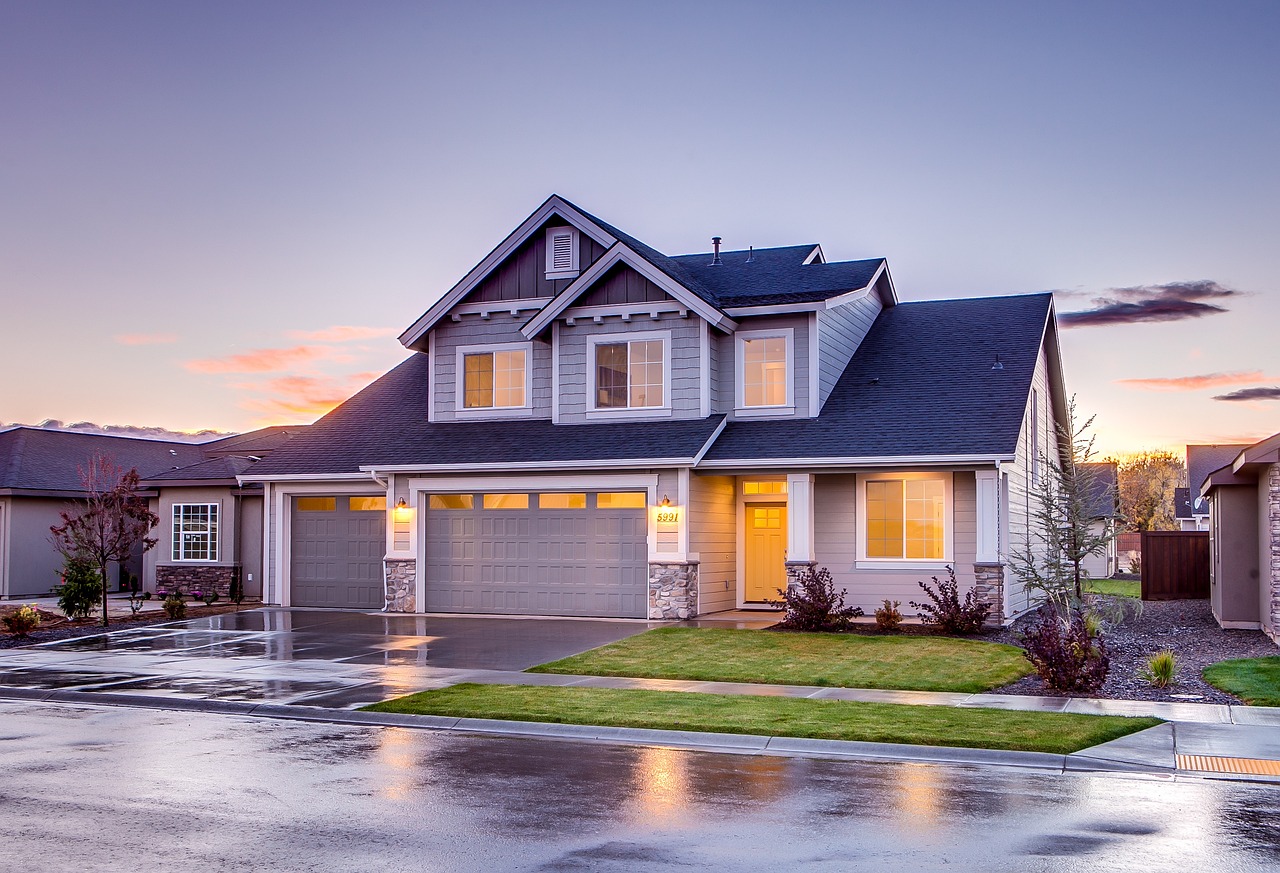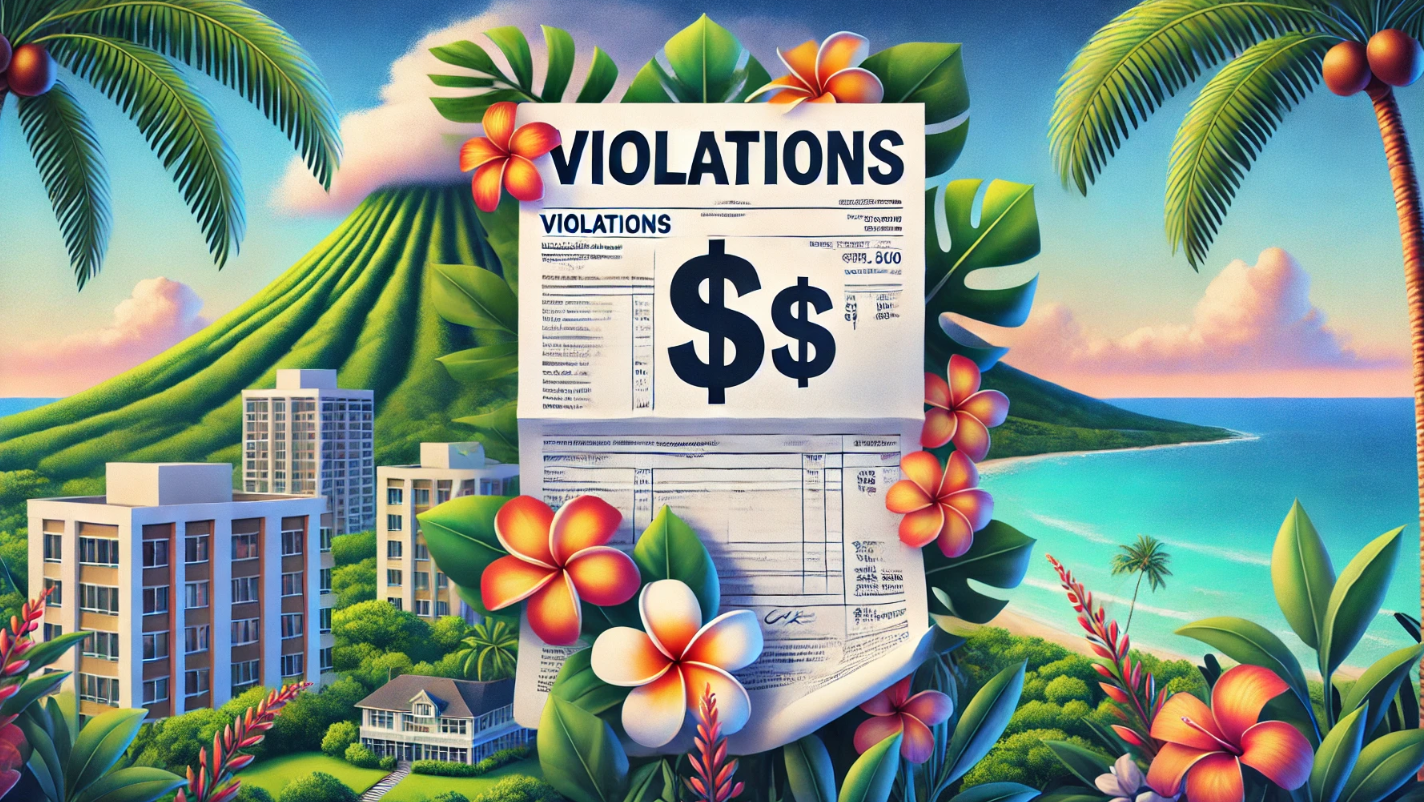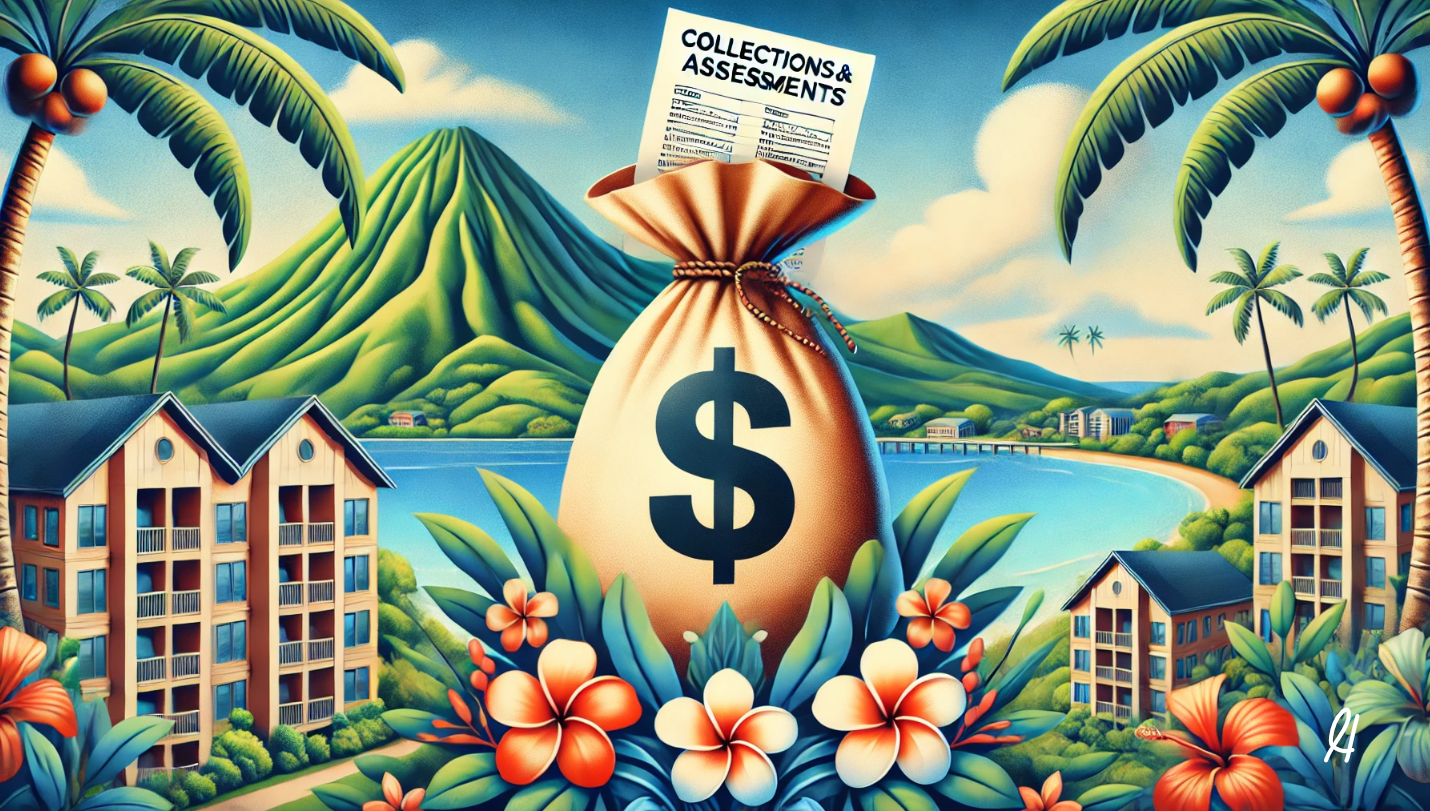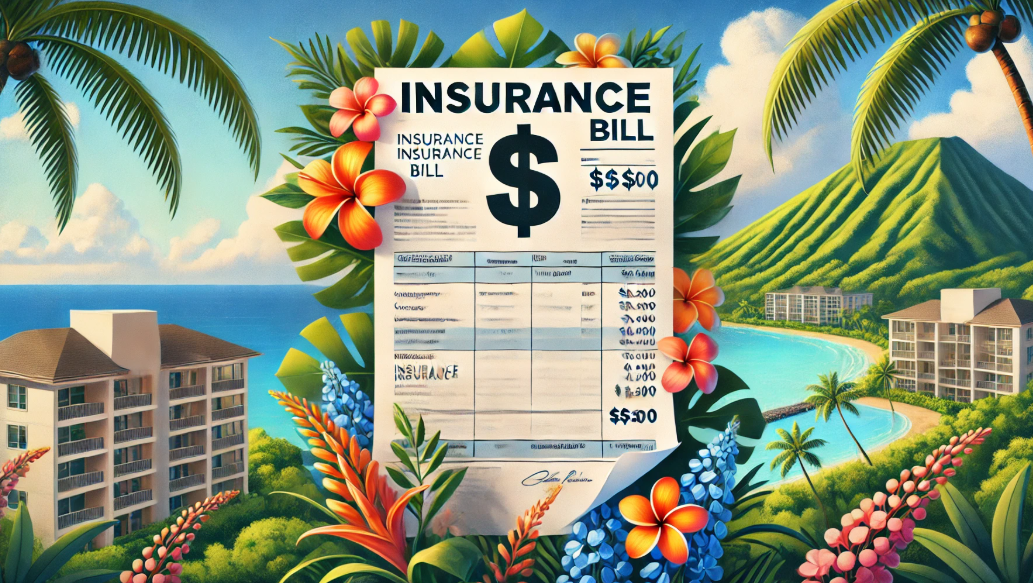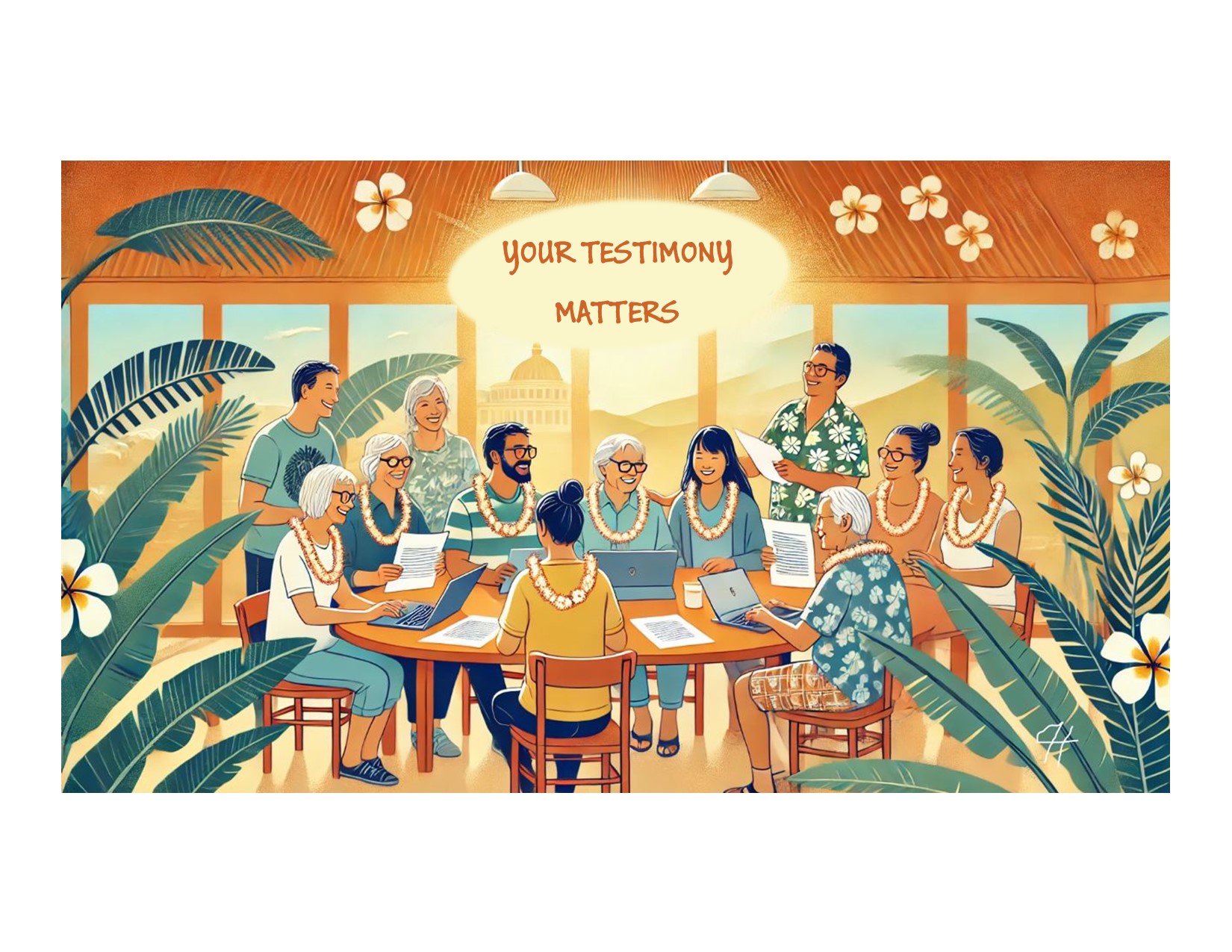Buying a home is not just for the rich! However, it is a significant financial goal for many people. It is an exciting milestone, but it requires careful planning and a lot of money. Saving for a home can seem like a daunting task, but with the right strategy and discipline, you can make your dream of homeownership a reality.
Here are some tips to help you save for a home:
Set a Goal
The first step in saving for a home is setting a goal. Determine how much you need to save for a down payment and closing costs. Keep in mind that the down payment typically ranges from 3% to 20% of the home’s purchase price, depending on the type of loan and the lender’s requirements. Closing costs can add another 2% to 5% of the purchase price. Use a home affordability calculator to get an estimate of the home price that you can afford based on your income, expenses, and other factors.
Create a Budget
Creating a budget is essential to save for a home. It helps you track your expenses, identify areas where you can cut back, and allocate money toward your savings goals. Start by listing all your income sources and expenses, including housing, transportation, food, utilities, entertainment, and debt payments. Then, determine how much you can save each month by subtracting your expenses from your income. Consider reducing your discretionary spending, such as dining out, shopping, and subscriptions, to free up more money for your down payment fund.
Open a Savings Account
To save for a home, you need a dedicated savings account that earns interest and is separate from your checking account. Look for a high-yield savings account that offers a competitive interest rate and no fees. Some banks also offer special savings accounts for first-time homebuyers that come with benefits like lower fees, free financial counseling, and down payment assistance programs. Automate your savings by setting up a direct deposit or automatic transfer from your checking account to your savings account each month.
Reduce Debt
Reducing debt can help you save for a home faster. High-interest debt, such as credit card balances and personal loans, can eat up a significant portion of your income and make it harder to save. Consider paying off your debt with the highest interest rate first, or use a debt repayment strategy, such as the snowball or avalanche method. Avoid taking on new debt, such as a car loan or another credit card, while you’re saving for a home.
Increase Income
Increasing your income can also accelerate your home savings. Look for ways to boost your earnings, such as asking for a raise, taking on a side hustle, or freelancing. You can also sell items that you no longer need or use, such as clothes, furniture, electronics, or collectibles, to earn extra cash. Use this extra income to supplement your savings or pay down debt.
Monitor Your Progress
Monitoring your progress is crucial to stay on track and adjust your strategy as needed. Set milestones along the way, such as saving 10% of your goal or reaching half of your down payment fund. Celebrate your achievements and use them as motivation to keep going. You can also use a savings tracker or a budgeting app to visualize your progress and track your expenses.
Saving for a home requires patience, discipline, and a solid plan. By setting a goal, creating a budget, opening a savings account, reducing debt, increasing income, and monitoring your progress, you can make your dream of homeownership a reality. Remember that saving for a home is a marathon, not a sprint, and it takes time and effort. However, the reward of owning a home and building equity can be well worth the sacrifice.
Resources
Here are some home buying programs that may be available to Hawaii residents:
- Hawaii HomeOwnership Center: This nonprofit organization offers education, counseling, and financing assistance to low- and moderate-income first-time homebuyers in Hawaii.
- Department of Hawaiian Home Lands: This government agency offers affordable housing programs to Native Hawaiians who meet certain eligibility requirements. The programs include loans, grants, and leasehold agreements.
- Hawaii Housing Finance and Development Corporation: This state agency offers various home buying programs, including down payment assistance, mortgage credit certificates, and affordable home ownership opportunities.
- USDA Rural Development: This federal program provides loans and grants to low- and moderate-income rural residents who want to buy, build, or repair a home in Hawaii.
- Federal Housing Administration (FHA) Loans: This federal program offers loans to homebuyers with lower credit scores and smaller down payments than traditional mortgages.
- Veterans Affairs (VA) Loans: This federal program offers home loans to eligible veterans, active duty service members, and surviving spouses.
- Good Neighbor Next Door Program: This federal program offers a discount of up to 50% off the list price of a home in certain areas to eligible law enforcement officers, firefighters, emergency medical technicians, and teachers.
- HomePath Ready Buyer Program: This program offers incentives to first-time homebuyers who complete an online homebuyer education course.
It’s important to note that eligibility requirements and program details can vary by program, so be sure to do your research and consult with a qualified professional before applying.

